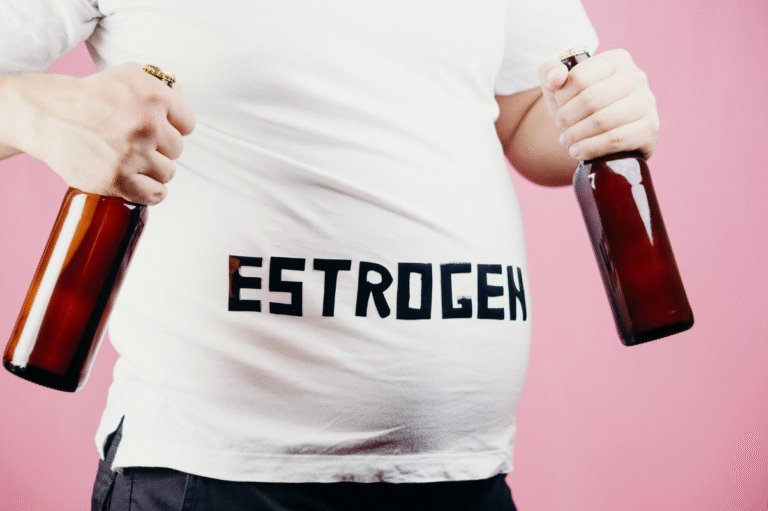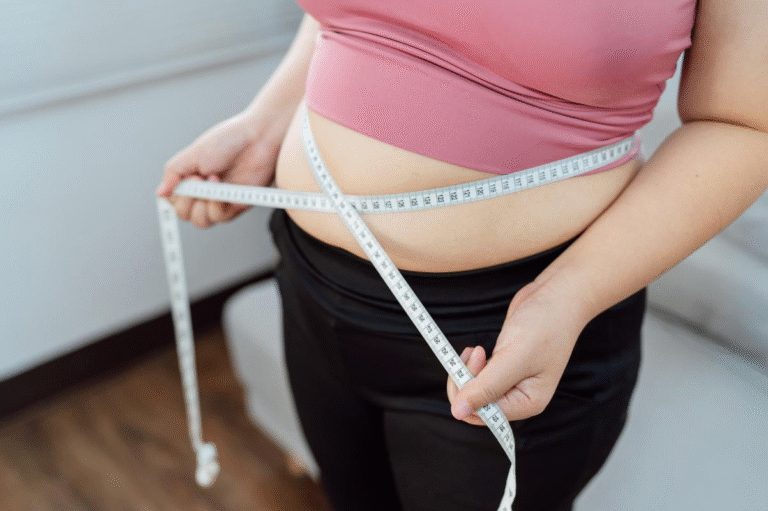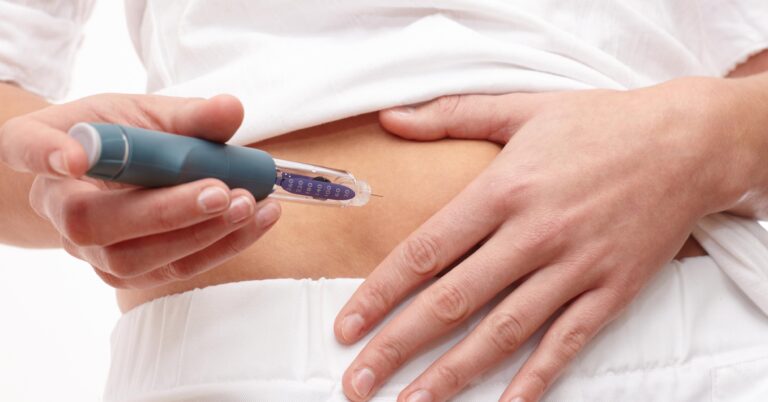This Is What Happens to Your Body When Estrogen Drops Suddenly
Estrogen, a reproductive hormone, plays a multifaceted role in regulating various bodily functions, including mood, metabolism, bone strength, and brain function. Consequently, sudden drops in estrogen levels can disrupt the body’s delicate balance and lead to a range of adverse effects.
A sharp decline in estrogen, triggered by perimenopause, surgical menopause, extreme stress, or certain medical conditions, can bring about disruptive physical and emotional changes.
Estrogen, a hormone that affects virtually every organ system, can cause a sudden drop in levels, leading to noticeable symptoms in the body, as explained by Dr. Mary Jane Minkin, an OB-GYN and clinical professor at Yale School of Medicine.
Let’s delve into the scientific aspects of low estrogen symptoms, their effects on the body, and the steps you can take to regain your sense of self.
What Causes a Sudden Drop in Estrogen?
A rapid decline in estrogen can result from:
- Perimenopause or Menopause
- Surgical removal of ovaries (oophorectomy)
- Certain medications (like aromatase inhibitors)
- Excessive physical stress (over-exercising, restrictive dieting)
- Chronic illnesses or autoimmune disorders
Estrogen levels typically decline gradually with age. However, an abrupt decline, particularly after surgery or during perimenopause, leaves the body with insufficient time to adapt, resulting in more severe symptoms.
What Your Body Feels When Estrogen Drops
1. Hot Flashes & Night Sweats
The most notorious sign of falling estrogen is the sudden onset of vasomotor symptoms.
Hot flashes, as explained by Dr. Stephanie Faubion, Director of the Mayo Clinic’s Women’s Health Clinic, indicate the body’s struggle to regulate temperature without estrogen.
2. Mood Swings and Anxiety
Estrogen plays a crucial role in regulating serotonin, the neurotransmitter that promotes feelings of well-being. When estrogen levels are low, it can lead to feelings of anxiety, irritability, and even depression.
3. Vaginal Dryness & Low Libido
Estrogen maintains the lubrication and elasticity of vaginal tissues. However, when estrogen levels decline, dryness, pain during intercourse, and a decrease in libido can result.
4. Brain Fog & Memory Lapses
Low estrogen levels can cause difficulty concentrating, forgetfulness, and mental fatigue, commonly referred to as “menopause brain.”
5. Sleep Disturbances
Estrogen plays a role in melatonin regulation. Its drop can cause insomnia, night wakings, or non-restorative sleep.
6. Thinning Hair & Dry Skin
Estrogen plays a crucial role in maintaining skin hydration and scalp health. However, a sudden loss of estrogen can lead to brittle hair, dry skin, and increased hair shedding.
7. Weakened Bones
Estrogen plays a crucial role in maintaining bone density. Its absence, on the other hand, accelerates bone loss, increasing the risk of developing osteopenia or osteoporosis.
What the Science Says
A 2021 review in The Journal of Clinical Endocrinology & Metabolism confirms that women who undergo surgical menopause without hormone therapy are at increased risk of cardiovascular disease, dementia, and osteoporosis due to the sharp estrogen drop.
Another study published in the Menopause journal revealed that estrogen therapy significantly enhanced the quality of life for women experiencing abrupt hormonal changes.
Why It Matters: Public Health Impact
Millions of women experience perimenopause or medically-induced menopause without adequate support or information. Left unaddressed, a sudden estrogen drop can lead to:
- Chronic insomnia
- Weight gain and metabolic changes
- Mental health challenges
- Fractures due to weakened bones
- Heart disease risk
Educating women on early signs and treatment options is critical for lifelong wellness.
What You Can Do: Lifestyle Tips to Manage Low Estrogen
Eat an Estrogen-Supportive Diet
- Flaxseeds, soy, sesame seeds, chickpeas contain phytoestrogens
- Include omega-3s (walnuts, fatty fish) to reduce inflammation
- Boost calcium & vitamin D for bone health
Stay Active
Weight-bearing exercises like walking, strength training, or yoga help preserve bone mass and stabilize mood.
Manage Stress
Chronic stress can further suppress estrogen. Incorporate deep breathing, meditation, or journaling into your routine.
Sleep Hygiene
Limit caffeine, turn off screens before bed, and aim for 7–8 hours of quality sleep.
Consider Medical Options
- Hormone Replacement Therapy (HRT): Can replace lost estrogen and alleviate symptoms. More from the NIH on HRT →
- Vaginal estrogen creams or rings for localized relief
- SSRIs or Gabapentin: Prescribed for hot flashes or mood shifts in some cases
Always consult a certified OB-GYN or endocrinologist before starting treatment.
Bottom Line
A sudden drop in estrogen is not just a minor hormonal fluctuation; it’s a significant bodily shift that impacts your brain, bones, mood, metabolism, and more. However, you’re not powerless in managing this situation.
By recognizing the signs early, supporting your body through a balanced diet, regular exercise, and potential medical interventions, and seeking appropriate medical guidance, you can navigate this hormonal transition with resilience and clarity.
Dr. Faubion asserts that menopause is not a disease, but ignoring its symptoms is. The more we discuss and acknowledge menopause, the better we can manage and thrive through it.
Check out the healthlynic ✔️approved range of products for Weight Loss, Improve metabolism and much more!







